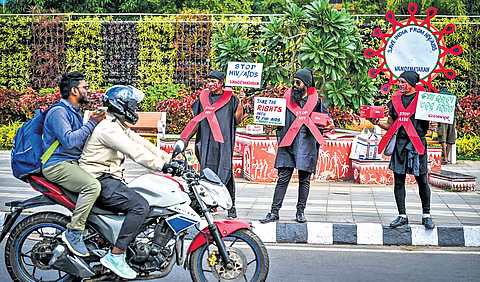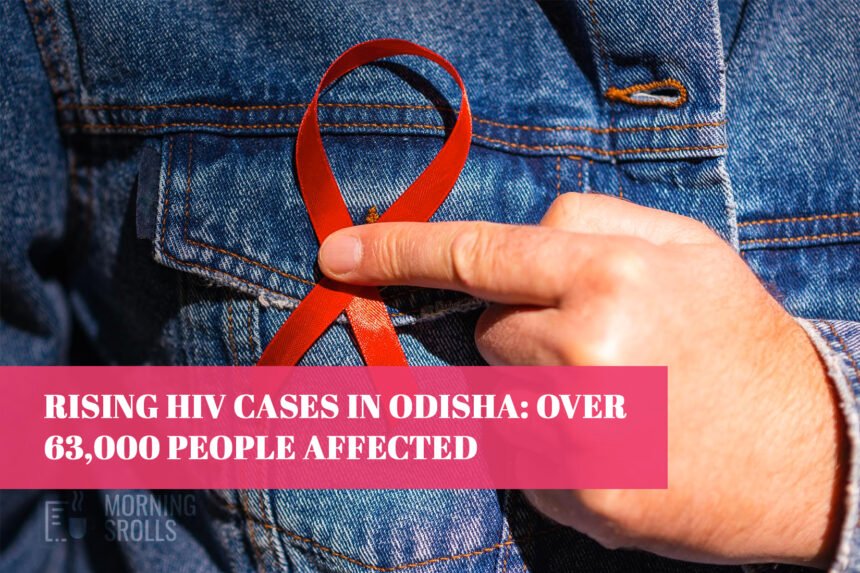As of December 2024 recorded a significant increase in HIV cases in Odisha, with over 63,742 individuals affected, according to Health Minister Mukesh Mahaling’s report in the State Assembly.
Despite various government measures, annual HIV infections have risen from 2,341 in 2021 to 3,436 during the 2023–24 period. This trend underscores ongoing challenges in controlling the spread of the disease.
To address the growing crisis, the state operates 167 standalone HIV counseling centers and 1,232 facility-based testing units. Additionally, seven private partnership clinics have been established. Targeted intervention projects (52 in total) and seven link worker programs are active across 800 villages to reduce transmission among high-risk groups.
While the state has focused on prevention and testing initiatives, the consistent rise in cases suggests gaps in effectiveness or outreach. Factors such as lack of education, stigma surrounding HIV, and transmission linked to migration may be contributing to this upward trend. However, specific reasons for the increase remain undisclosed by authorities.

The HIV crisis coincides with other healthcare challenges in Odisha. For instance, kidney disease has impacted over 15,752 individuals in the state. To address this issue, the government has set up 511 dialysis beds across 68 centers, though disparities in access to healthcare services persist.
Special programs have been launched to target migrant workers—an at-risk group for HIV transmission. Awareness campaigns are also being conducted at major transportation hubs like railway stations and bus terminals to educate travelers on prevention methods and early testing.
Health experts have urged the Odisha government to strengthen monitoring systems, expand rural outreach programs, and integrate HIV prevention into broader public health initiatives. They emphasize that addressing root causes such as stigma and misinformation is crucial for the effective containment of the disease.
ALSO READ: 10 Everyday Habits for a Healthier Life










